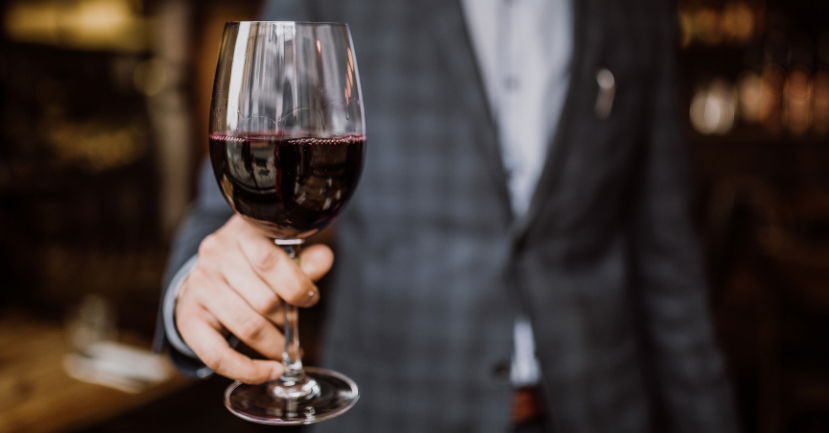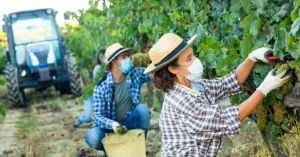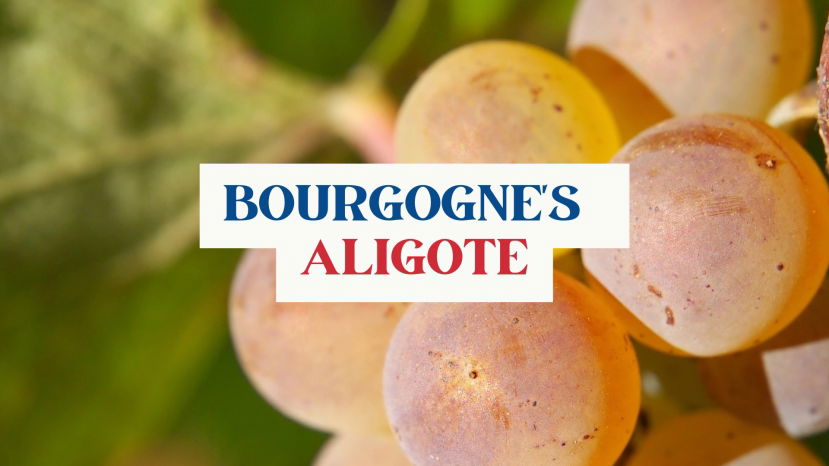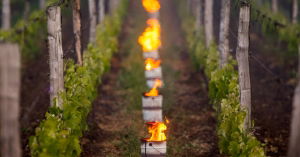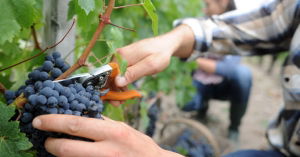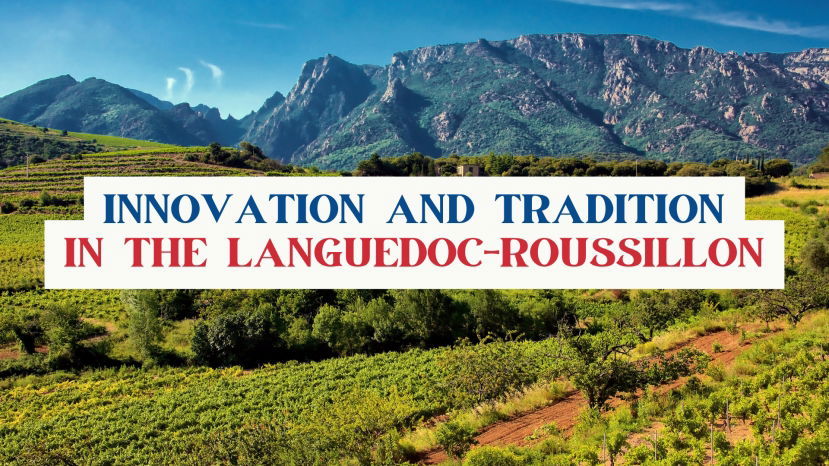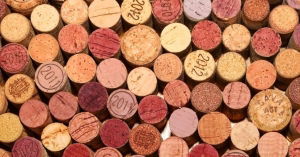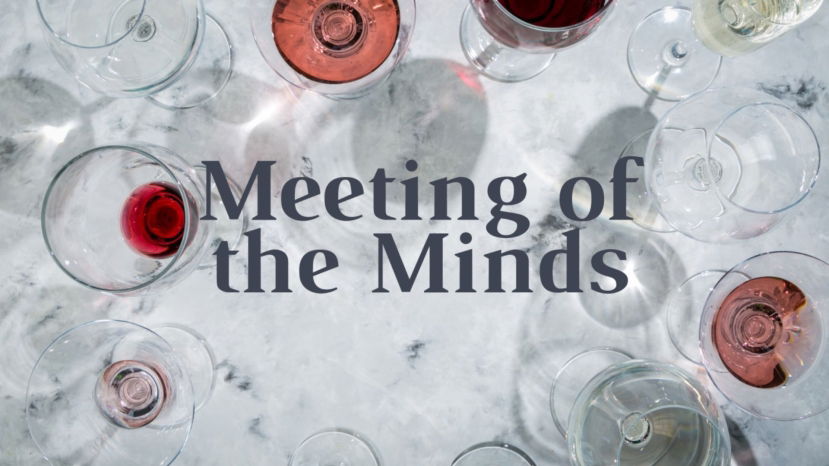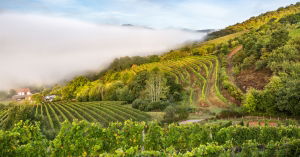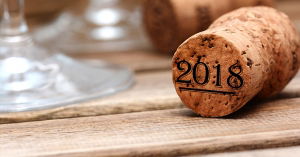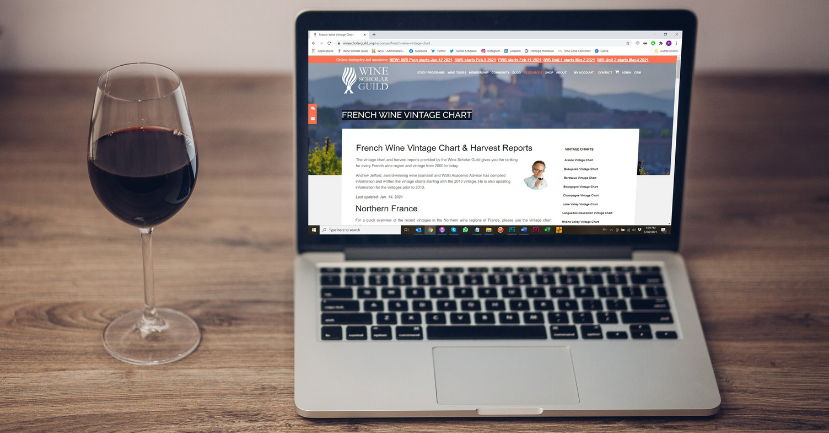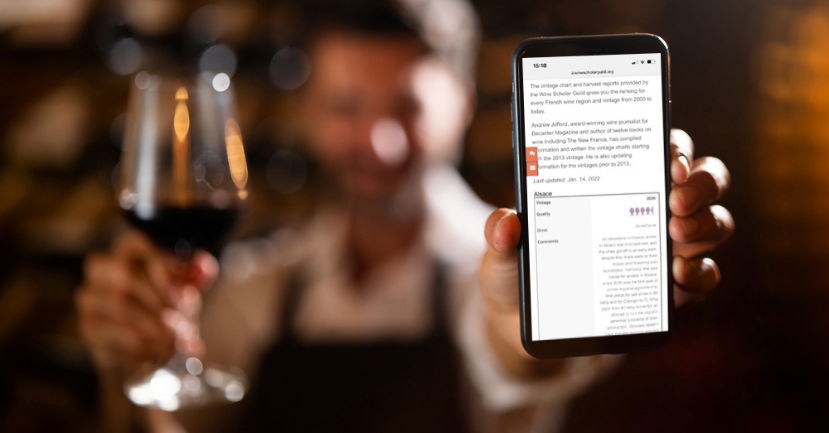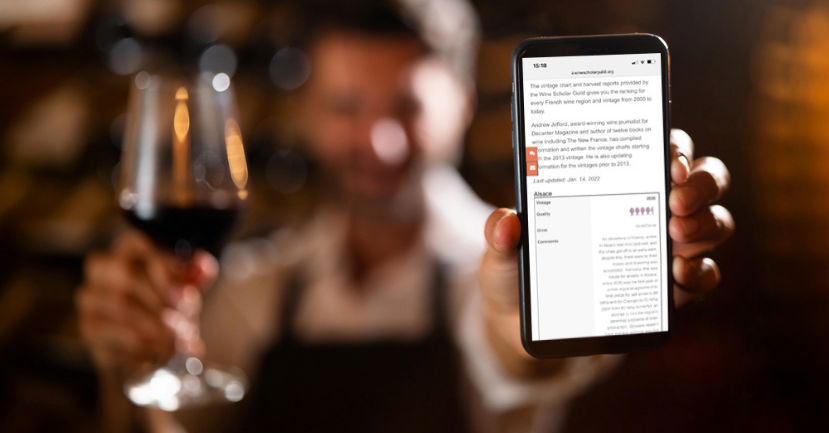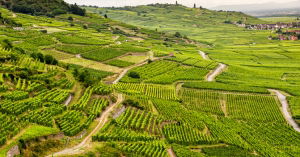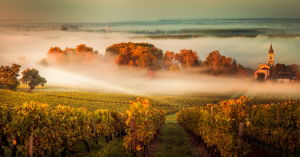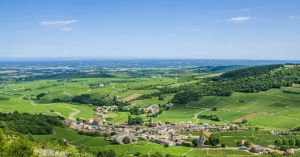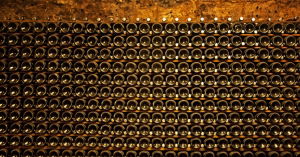BLOG
french wines
One could argue that France is the philosophical heart of fine wine. Much of what the world now does, from vineyard practices to winemaking techniques, can be traced back to the viticultural motherland. Here are some must-know terms for exploring the wines of France.
Where are we headed? This is a question which all of us have probably asked ourselves at some point during 2020, as a global pandemic unfolds chaotically across a planet experiencing runaway climate change. Both challenges have directly affected French wine growers, with trade tariffs imposed by the USA on European winegrowers forming a third stress-inducing headwind.
Summary:
Aligoté has been getting increasingly more attention in the last 10 years or so in Bourgogne by producers and drinkers alike due to a combination of factors, including climate change and massale selections.
This webinar will focus on Bourgogne’s ‘Second White Grape’ by delving into its history, attributes, viticulture, winemaking, appellations and producers
Read the Wine Journalist and Critic, Andrew Jefford’s Keynote Speech to the 2020 Vancouver International Wine Festival in this specially prepared written version for the Wine Scholar Guild blog. Andrew is happy to respond to any questions or comments you may have about this post. Use the "Comments" feature at the bottom of this page.
After a generous 2018 French-wine harvest, nature has dialed back on its beneficence by around 12% in 2019: initial estimates put the crop at around 43.4 million hl compared to 49.4 m hl last year. That’s not disastrous, though, especially since clouds have been gathering over the export scene in the last few months: the USA has imposed 25% tariffs on French wines under 14% abv, while sales to Hong Kong (often the preferred route into China for French fine wines) dropping by 26% over the last six months of political turmoil there. The generally hot weather of 2019, of course, may give French wines a helping hand back into the US if those tariffs linger: it wasn’t hard to produce wine over 14% this year.
Summary:
With over 2000 years of winemaking history the Languedoc-Roussillon could be seen as a very traditional wine region, after all fortified and sparkling wines were first invented or discovered here. Many traditions still exist but also sit alongside a whole raft of innovative and cutting edge developments. No region has moved so far or so fast in the last 50 years. Using examples from regions as diverse as Pic St Loup, Terrasses du Larzac,
Every wine appellation in France has a cahier des charges, a set of regulations that delineates the production zone and specifies viticultural practices and production standards.
In many instances, a single cahier des charges references one zone of production and multiple wine styles within it (e.g. Lirac red, white, and rosé; Rasteau dry red, plus red, white and rosé Vins Doux Naturels). Some single cahiers also incorporate complementary geographic denominations or dénominations géographiques complémentaires (DGCs) such as Languedoc Montpeyroux or Bourgogne Hautes Côte de Nuits. Other times, very different wines can be grouped under one single cahier as is the case for Beaujolais, Beaujolais Supérieur, Beaujolais + Named Commune, and Beaujolais-Villages.
Summary:
The famous classifications of Bordeaux (discussed in our Meeting of the Minds webinar on June 22nd) are based on properties – privately owned land entities whose boundaries are subject to change. Of more significance to French wine as a whole, though, are the land classifications based on the notion of the cru or ‘growth’: an entity which rarely coincides, Bordeaux excepted, with private property boundaries and which thus might be considered a
What is France’s greatest undiscovered wine region? Where do you find the greatest value for money in French wine? Where would you look around France to find potential fine-wine quality at affordable wine prices? Three questions … and from me the same answer to each: South West France.
Andrew Jefford, award-winning author and columnist in every issue of Decanter and World of Fine Wine, Co-Chair Decanter World Wine Awards; Vice-Chair Decanter Asia Wine Awards, gives us his insight about the 2018 vintage in France.
As October 2018 got underway, wine-growing France let out an audible collective sigh of relief. After shortages due to repeated hail and frost traumas in recent years, 2018 marked a gratifying return to generosity for French wine growers.
Andrew Jefford, award-winning author and columnist in every issue of Decanter and World of Fine Wine, Co-Chair Decanter World Wine Awards; Vice-Chair Decanter Asia Wine Awards, gives us his insight about the 2019 vintage in France.
The beat goes on. The 2019 vintage in France marked five continuous years (since 2015) of warmer-than-average weather. Global warming is with us and accelerating – but so far, for the wine growers of France, it has been merciful.
The vintage chart and harvest reports provided by the Wine Scholar Guild gives you the ranking for every French wine region and vintage from 2000 to today.Andrew Jefford, award-winning author and columnist in every issue of Decanter and World of Fine Wine, Co-Chair Decanter World Wine Awards; Vice-Chair Decanter Asia Wine Awards, gives us his insight about the 2020 vintage in France.
The COVID pandemic made 2020 difficult in France as elsewhere in the world, but France’s winegowers had every reason to feel a sense of relief and gratitude as the year ended. Their future prosperity depends on both the quantity and the quality of each year’s harvest. Every French wine region was satisfied with quantities in 2020 and thrilled with quality. Sales may have been difficult in 2020 with the restaurant trade in abeyance and export markets disrupted, but after the run of good to great French vintages since 2015, no one had cause to complain about stocks.
The vintage chart and harvest report provided by the Wine Scholar Guild give you the ranking for every French wine region and vintage from 2000 to today. The most recent vintage report is published two years following the vintage, i.e. the 2021 vintage report was published in 2023. Andrew Jefford gives us his insight about the 2021 vintage in France. Andrew is an award-winning author and columnist of Decanter and World of Fine Wine, Co-Chair of Decanter World Wine Awards; Vice-Chair of Decanter Asia Wine Awards, gives us
In the second part of our three-part series, acclaimed wine writer and critic Andrew Jefford surveys the latest wine trends in Alsace. From larger vineyards to the prospect of Premier Crus — not to mention the impacts of climate change on the region’s bevy of varieties — let’s take a look at Alsace’s recent history and where the region as a whole is headed.
Author of Inside Bordeaux, a book that has been described as the 'bible' by Le Figaro newspaper and a 'category buster' by Jamie Goode, Jane Anson has lived in Bordeaux since 2003. Here she takes a look at the wine trends that are shaping the region, its economy, its climate, the industry and its winemakers.
As a wine region, Burgundy embodies both the past and the future. On the one hand, Grands Crus that have been celebrated for centuries remain in the hands of multi-generational family domaines. On the other hand, outside investment, adjustments to the appellation system, and the realities of climate change (which have necessitated adaptations in viticulture and winemaking) have all combined to bring about change in recent years. This duality lies at the heart of modern Burgundy, and here to sort much of it out for us is acclaimed wine writer and critic Andrew Jefford. Below, he takes a look at the numbers that have shaped Burgundy’s recent history, and what that means for its future.
As an accomplished wine writer Andrew Jefford has decades of experience watching the French wine industry evolve. Here, he takes a look at the wine trends that are shaping the Champagne region, its landscape, its climate, the industry and ultimately, how winemakers are adapting in the cellar.

